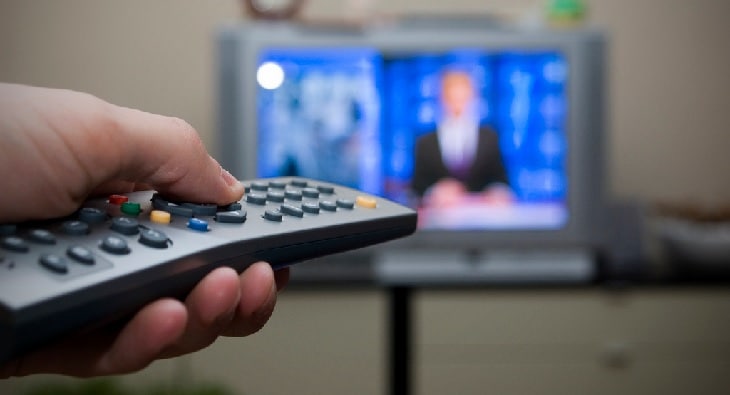![]()
![]()
Vicky Parry
30th Sep 2025
Reading Time: 3 minutes
If you’re still coughing up £174.50 a year for a TV licence in the UK, you could be wasting money unnecessarily. The rules around who actually needs to pay have changed in 2025, and many people—including students, pensioners, and even Fire Stick users—could be eligible for exemptions and need to know the rules so they don’t get in trouble.
In this guide, we’ll break down exactly who must pay, who doesn’t, and how you could save money. From free licences for pensioners to 50% discounts for the visually impaired, and the sneaky traps Fire Stick users need to watch out for, we cover everything you need to know to avoid overpaying.
What Is the TV Licence Fee For?
The TV licence fee is a legal requirement for anyone who watches or records live television broadcasts or uses BBC iPlayer. The funds collected are primarily used to finance the BBC’s television, radio, and online services.
Can You Legally Avoid Paying?
Yes, in certain circumstances, you can legally avoid paying the TV licence fee:
1. Over 75 and Receiving Pension Credit
All UK residents aged 75 or above are eligible for a free TV licence, provided they or their partner living at the same address receive Pension Credit.
2. Not Watching Live TV or BBC iPlayer
If you do not watch live television broadcasts or use BBC iPlayer, you do not need a TV licence. This includes catch-up services like ITVX, Channel 4, or Netflix, as long as the content is not live.
3. Blind or Severely Sight Impaired
Individuals who are blind or severely sight impaired can apply for a 50% discount. For a colour licence, that’s £87.25/year.
4. Living in Residential Care
If you live in a residential care home and do not watch live TV or use BBC iPlayer, you may not need a TV licence.
5. People on Universal Credit, PIP, and Other Benefits
Eligibility for free or discounted licences depends on your circumstances:
-
Over 75 and on Pension Credit: Automatically eligible.
-
Blind or Severely Sight Impaired: Eligible for 50% discount regardless of age or benefits.
-
PIP recipients: PIP alone does not qualify for a free licence, but if you are blind or severely sight impaired, you can claim the 50% discount.
-
Other benefits: Income-based JSA, Income Support, ESA, or UC do not automatically grant a free licence.
Important: Even if you receive UC, PIP, or other benefits, you still need a licence if you watch live TV or BBC iPlayer. Always check your eligibility with TV Licensing.
Students and University Halls
-
Halls of residence: Usually one TV licence covers all rooms.
-
House or flat shares: If you have a separate contract for your room, you may need your own licence.
-
Devices: Watching live TV on battery-powered devices only may not require a licence, but plugging into mains does.
Fire Stick and Streaming Users
Amazon Fire Stick users need to be cautious. While streaming platforms like Netflix or Disney+ don’t require a TV licence, accessing live BBC channels through Fire Stick’s live tab does. Watching without a valid TV licence can lead to a £1,000 fine.
How to Apply for Exemptions or Discounts
-
Free TV Licence (75+ & Pension Credit): Apply via TV Licensing website or helpline.
-
Blind or Severely Sight Impaired: Apply through the TV Licensing website with proof.
-
Not Watching Live TV: No application needed; ensure you don’t watch live broadcasts or use BBC iPlayer.
Final Thoughts
With the 2025 updates, it’s crucial to ensure you’re not paying for a TV licence unnecessarily.
-
Check age and benefits: Over 75? On Pension Credit? Blind? You could save hundreds.
-
Students and Fire Stick users: Be aware of your living situation and the risk of fines for live BBC content.
-
UC, PIP, and other benefits: Verify eligibility carefully.

